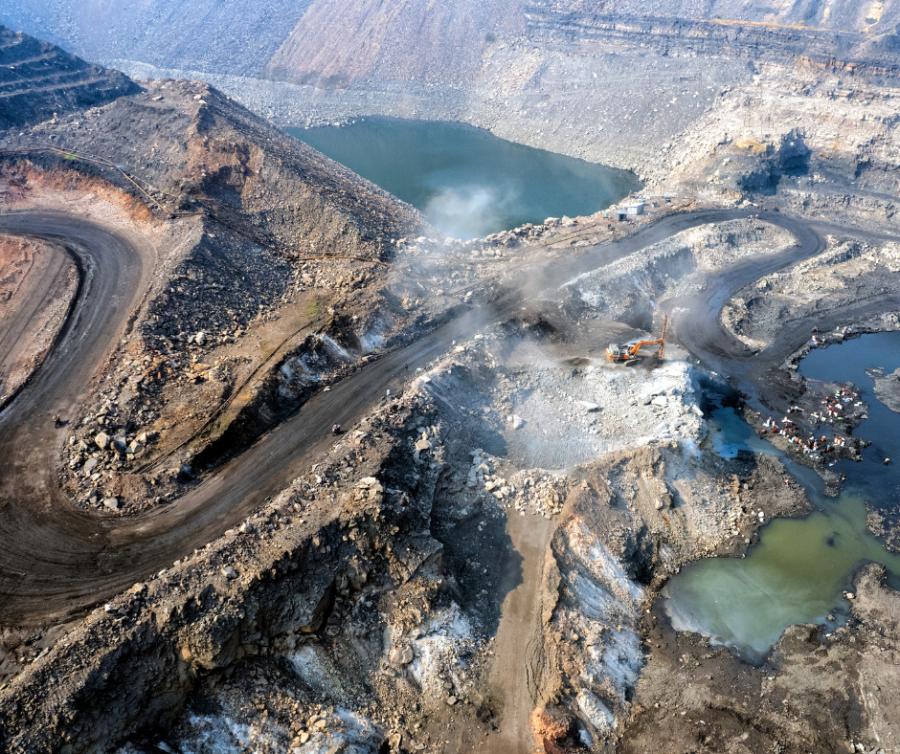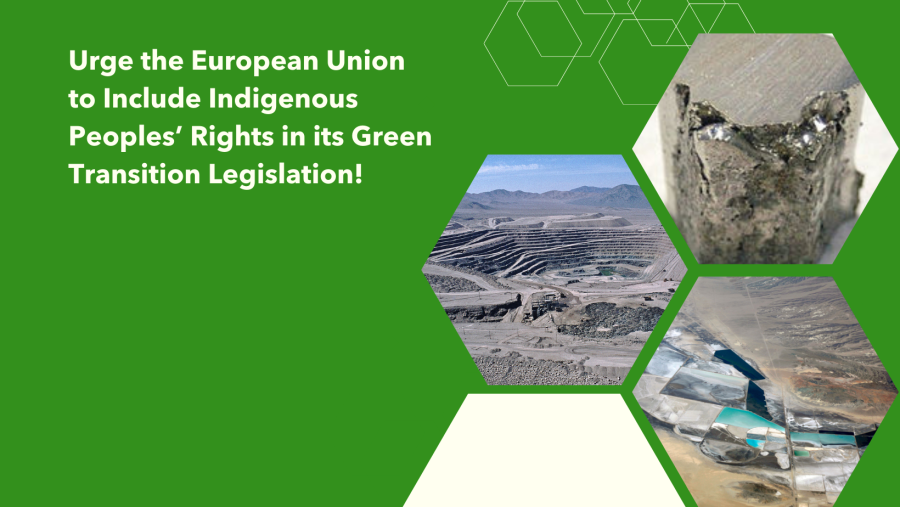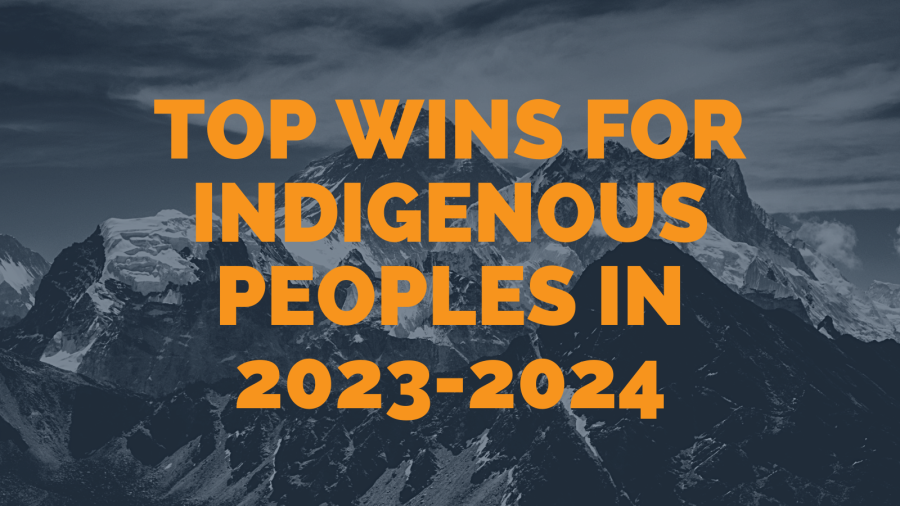While the 21st session of the United Nations Working Group on Indigenous Peoples (WGIP) concluded an hour early, there is every indication for a long life for the U.N. mechanism that launched the indigenous peoples’ liberation movement in global politics. The meeting offered innovative initiatives for dynamic dialogue, record participation of indigenous peoples, and intuitive interventions concerning indigenous rights issues to be tackled through the integrated and complementary troika of the U.N. Permanent Forum on Indigenous Issues, the U.N. Special Rapporteur, and the WGIP.
The 2003 WGIP could potentially be the point in the history of indigenous peoples at the United Nations when a new generation was born in which genuine partnerships in action beyond rhetoric became reality.
From an opening speech by a high commissioner for human rights who had the historical insight to speak to indigenous peoples’ concerns, to the comprehensive reports prepared by the working group members based on brilliant background research and insightful directions for future activities, the WGIP demanded a renewed commitment for the human rights of indigenous peoples.
The daily workings of the meeting signaled a shift in the ability for advocacy at the United Nations. Chairman Miguel Alfonso Martinez encouraged interventions that offered recommendations rather than listed historical wrongs, and the Office of the High Commissioner for Human Rights offered a special session for people to assist in drafting the final language to come out of the meeting.
Bertrand Ramcharan, acting high commissioner for human rights, set the standard, recalling his involvement in the process of establishing the Working Group two decades before. Ramcharan explained why recent motions by the U.N. Economic and Social Council to discontinue the Working Group were wrong. “I have watched the Working Group grow in size and become the principal focal point for indigenous rights, drawing indigenous delegates from every corner of the world,” he said. “Furthermore, I think it is fair to say that virtually every initiative in relation to indigenous peoples that has been taken by the United Nations in the past two decades emanated from this forum. I read recently the Working Group described as the parent body of indigenous issues in the United Nations and this is a good description.”
The papers presented by each working group member provided for rich discussion on each agenda item, with members even creating new discussion items on important topics and called for the United Nations to take immediate action. One such discussion revolved around indigenous nations that were disappearing due to environmental catastrophes, specifically the rising sea in the Pacific. The Pacific Caucus responded to the issue, calling for a permanent item on the WGIP agenda for “Small Island States and Indigenous Peoples Living on Islands,” as well as resolutions to ECOSOC to establish a mechanism to consider all aspects of the problem.
The Working Group session’s theme of Globalization and Indigenous Peoples allowed the Indigenous Peoples Caucus to voice their views on the politics of globalization dominating the headlines: “Without the unconditional recognition of indigenous peoples’ rights to self-determination and integrity, globalization is simply colonialism and will be viewed by history in the same way colonialism is today.”
The Working Group made a significant shift toward seeking solutions from a human rights approach on a global and grassroots level. A joint statement by the Inuit Circumpolar Conference and the Saami Council called for U.N. agencies, including the Permanent Forum on Indigenous Issues, to jointly develop a legally binding international instrument protecting indigenous cultural heritage, including genetic resources, traditional knowledge, and traditional expressions of culture. Tebtebba Foundation noted the need to explore and support the further development indigenous practices, maintaining that indigenous economic, social, and cultural systems developed over centuries would ensure sustainability for current inhabitants and future generations. Tebtebba also challenged developing nations to not blindly follow the mainstream development models pushed by globalization through international financial institutions and to form partnerships between indigenous peoples, governments, and the United Nations to implement indigenous development paradigms.
“The WGIP appreciated the dialogue with indigenous peoples, governments, and the various agencies of the U.N.,” Martinez said at the conclusion of the meeting. “The new methods contributed to partnership which could be further enhanced in future years. The WGIP also appreciated indigenous peoples for the pragmatic and forward-making contributions in the plenary and the initiative group.”
On the 10th annual Indigenous Peoples Day, commemorating the first day of the meeting of the WGIP in Geneva, Ramcharan noted his admiration for indigenous peoples’ contribution to the family of nations at the U.N. and the enrichment they offer in areas of land and culture: “You are children of the universe. You have a right to be here. I want to thank you for being in the halls of the U.N.”
Joshua Cooper is the executive director of the Hawaii Institute for Human Rights, and a lecturer at the University of Hawaii and the International Training Center for Teaching Peace and Human Rights in Geneva.



